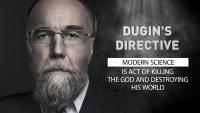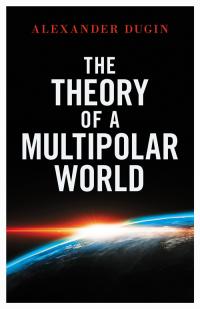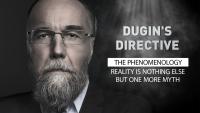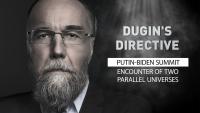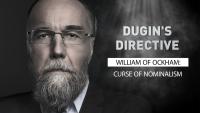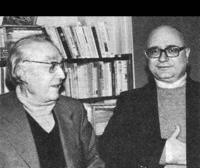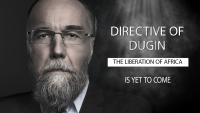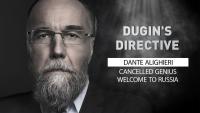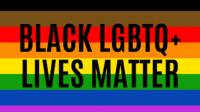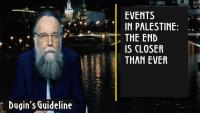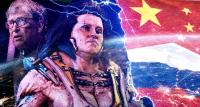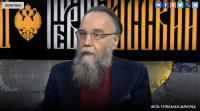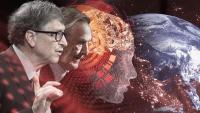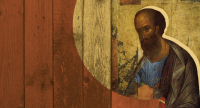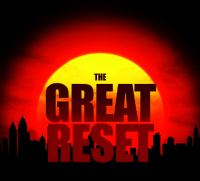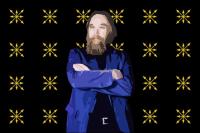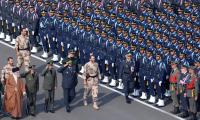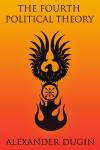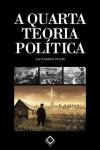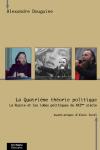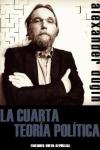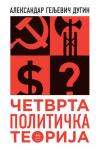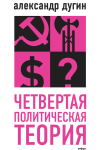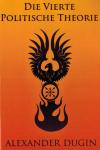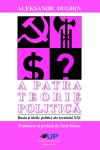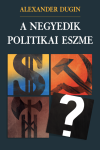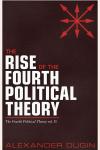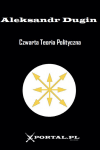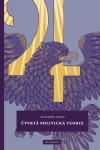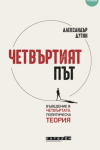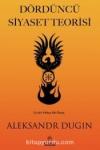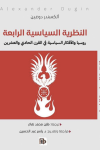Galileo's repentance was false. Modern science is criminal
Historical chronicles report that Galileo renounced the heliocentric picture of the world on 22 June 1633. Urban folklore adds that Galileo muttered to himself "and so it goes round and round". This moment is usually thought of as the drama of “a progressive scientific worldview in the struggle against medieval backwardness”. In fact it was one episode in an act of God-killing that stretched over several centuries of Western European history. When in the XIX century Nietzsche proclaimed "God is dead, you killed him - you and me!", he was only stating a fait accompli. He has heroically taken the blame upon himself, trying to live, think, and create with this unbearable knowledge of the Western nihilistic abyss. If there is no God, there is nothing. If the earth is round, material and revolves around the same material sun in infinite - and again - purely material! - space, then there is no God. And there is no world, His world.

